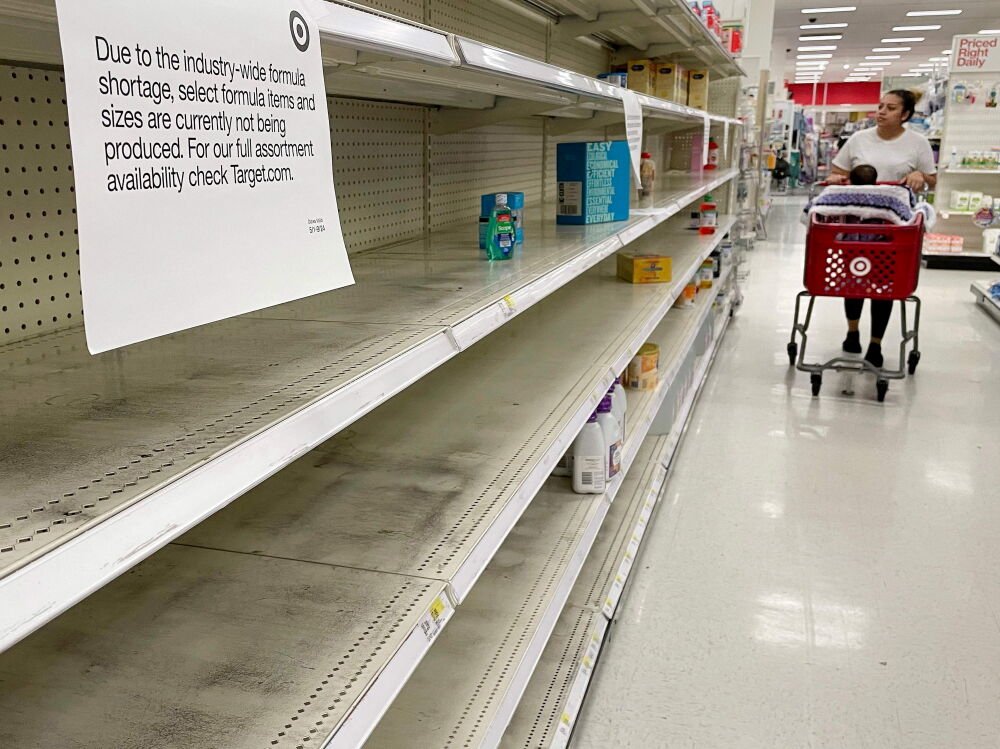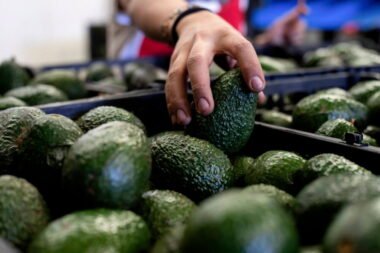General Overview
US infant formula shortages returned in 2024. Supply chain disruptions and market dominance by Similac and Enfamil, which dominated the infant formula market, were the main issues. This concentration raised supply chain sustainability and reliability concerns, worsening the shortage.
Key Events
January 11, 2025
The 2022 infant formula shortages prompted the FDA to strengthen oversight. This method, called “Operation Stork Speed,” ensured formula manufacturing safety and reliability to prevent shortages.
March 25, 2025
Budget cuts and past failures cast doubt on the FDA’s oversight plan. As personnel cuts threatened “Operation Stork Speed,” criticism centred on its implementation.
April 18, 2025
The FDA terminated a crucial infant formula safety research team, raising concerns about formula quality and safety. Safer production methods were hampered by this change.
Legal Actions
April 15, 2024
Abbott was sued by three parents in a class action for formula shortage production and pricing violations. A lack of evidence dismissed the case alleging Abbott’s unjust enrichment by raising prices.
Regulatory Oversight
Previous recalls highlighted FDA food safety supervision issues. Concurrently, the FTC started an investigation into market features leading to shortages, concentrating notably on WIC’s single-supplier contracts, which reduced competition and worsened market instability.
Market Dynamics
An FTC analysis indicated that the formula market’s excessive concentration raised concerns of supply interruptions. WIC may reduce market resilience, according to the report. Policy adjustments were suggested to boost competitiveness and supply chain strength.

Safety Concerns
Infant formula health issues, especially contamination, remained a major concern. Early infants’ necrotising enterocolitis (NEC) caused substantial lawsuits, including a $495 million verdict, highlighting safety concerns.
Formula Recalls
January 9, 2024
Reckitt/Mead Johnson Nutrition recalled Nutramigen Powder for bacterial contamination, emphasising industry safety concerns.
December 12, 2023
Cronobacter sakazakii, associated to serious newborn illnesses, was the concern. Formula manufacture required increased monitoring due to this virus.
Legislative Actions
The shortfall prompted bipartisan lawmakers to introduce the “Access to Donor Milk Act,” which would enhance charitable milk bank donations. Parents unable to find formula were offered choices by this legislation.
Public Response
Parents complained about the shortages, many of whom struggled to feed their babies. This public outcry emphasised the need for formula supply stabilisation.
Historical Context
The 2022 incident highlighted the necessity for baby formula safety and oversight. Strategies to prevent shortages were based on 2022’s experiences.
Future Projections
The FDA and FTC pledged to strengthen the supply chain. These measures attempt to prevent shortages like those in recent years and ensure newborn feeding access.
Consumer Guidance
Consumer advocacy groups urged parents against storing formulas during the scarcity and instead advocated for equal distribution to ensure all families had access.
FAQ
What caused the 2024 baby formula shortage?
Supply chain interruptions and market dominance by a few producers caused the shortfall.
FDA research team disbanded—why?
The FDA slashed budgets and prioritised immediate oversight, limiting research.
What is “Operation Stork Speed”?
The FDA’s approach aims to improve oversight and avert formula shortages.
Legal measures against Abbott—how did they go?
The class action complaint was dismissed for lack of unjust enrichment evidence.
What are infant formula safety concerns?
Health problems including necrotising enterocolitis and contamination cause safety issues.
What legislation was proposed?
The “Access to Donor Milk Act” sought to increase donated breast milk as an alternative to formula.
How can parents handle formula shortages?
Avoid stockpiling and consider donor milk, according to consumer groups.




